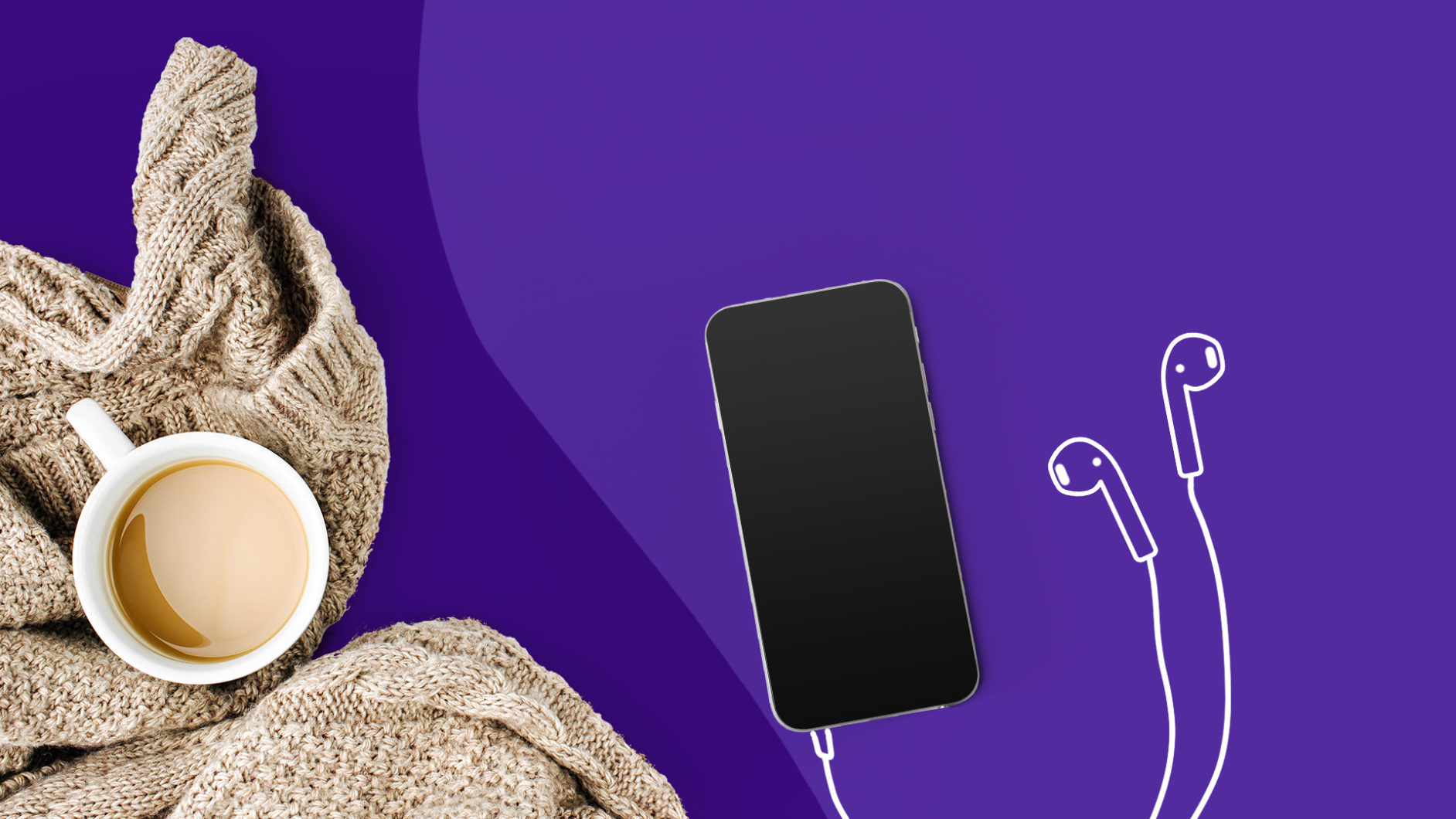Key takeaways
Mental health apps are recommended by professionals for their convenience and ability to make mental healthcare more accessible and affordable.
Headspace and Calm are among the top-rated apps for meditation and stress reduction, with features that can be unlocked with payment.
Talkspace connects users with licensed therapists through a subscription model, offering a flexible alternative to in-person therapy.
Apps like Sanvello and Moodnotes utilize cognitive behavioral therapy (CBT) techniques to help users manage stress, anxiety, and depression, with premium features available via subscription.
Although modern technology is often maligned as a negative influence, there are some ways that it can actually enhance our daily lives. Case in point: mental health apps.
Even mental health professionals have begun to recommend apps when treating patients. “As a mental health expert who ran a private practice for over 20 years, I love seeing how technology is being used to make access to mental healthcare more affordable and scalable,” says Caroline Leaf, Ph.D., a neuroscientist, author, and mental health expert.
“We all have phones and instead of spending time complaining about how technology is dangerous, we should see how we can harness technology platforms to help people who may not have the time, funds, or motivation to seek mental health care,” she adds. While an app shouldn’t be a substitute for proper mental health treatment, it can be a helpful resource.
When it comes to recommending apps to patients, Sean Paul, MD, owner of nowpsych.com, states that their power lies in their simplicity. “There are a ton of websites out there with loads of information. Too much information is often overwhelming and anxiety-provoking. Apps allow people quick access to concise information and helpful tips.”
When it comes to apps, there is certainly no shortage of choice. The following list contains some of the top-rated and most downloaded apps available on iPhone and Android, praised by both professionals and users alike.
The best mental health apps
1. Headspace
With a rating of 4.8 stars (and 77.6K ratings), Headspace is one of the top apps in the Health and Fitness category of the App Store. It’s predominantly a meditation app that aims to reduce stress and increase mindfulness. It has a variety of features including guided meditations and videos. Although the app is free, users can pay for more features and “levels” that can be unlocked as you go. Download on the App Store and Google Play.
RELATED: Best prescription reminder apps
2. Calm
Calm is currently the No. 1 app in the Health and Fitness category on the App Store. Plus, it was rated the best app of 2017 by Apple, and has 66K mostly favorable reviews. The Calm app has a variety of tools and guided meditations, and includes calming imagery and background noise. It also has a calendar to track meditations. Like most of the other apps on this list, the Calm app is free, however there are additional features that can be accessed through monthly subscription payments. Download on the App Store and Google Play.
3. Talkspace
Connecting users directly with licensed therapists, Talkspace is based on a subscription system, and there are a variety of tiers you can access for individualized, one-on-one support. It can get pretty pricey, and Talkspace therapists do not accept insurance. However, if you don’t have insurance the price is quite reasonable compared to in-person therapy. The fact that it can be accessed from home and via messaging might be a selling feature for some, and according to Talkspace’s website, the service may be covered by some employee assistance programs or insurance benefits. Download on the App Store and Google Play.
4. Sanvello (formerly Pacifica)
Formerly named Pacifica, the Sanvello app is an “evidence-based solution created by psychologists that uses clinically validated techniques such as cognitive behavioral therapy (CBT)—a type of psychotherapy that has been shown to be especially effective for stress, anxiety, and depression.” The app delivers CBT therapy through a series of different activities, mediums, and tools for the user. Although the app is free to download, premium features are available on a subscription basis. Download on the App Store and Google Play.
5. Moodnotes
Moodnotes is another app that utilizes CBT in order to help the user make progress toward changing negative patterns in thinking. This app works as a journal for tracking moods in a simple and straightforward way. This user-friendly app will set you back $4.99; however, that may be a small price to pay if it helps improve thought and mood patterns. Download on the App Store.
6. Happify
Happify is a fun app designed to help with stress and worry. It contains games and activities that are designed to help the user on a series of different “tracks” (or goals, such as self-confidence and coping with stress). The ultimate goal is to change patterns and develop healthier habits. It is free; however, there are paid tiers, which offer more features. Download on the App Store and Google Play.
In a world where we are busier than ever, the ability to access mental health programs at our fingertips can be invaluable.
According to Leaf: “Ultimately, an app is one tool in a toolkit to help with mental health issues, and should be used alongside therapy, proper nutrition and exercise, and community-based initiatives.” If you’re looking to manage your mental health on a daily basis, trying an app might be a good first step to a healthier, calmer, life.
Unsure where to start? Try talking to your primary care provider or a mental health professional. While an app shouldn’t be the sole treatment method for people with established mental health diagnoses, your provider can help you decide what’s right for you.




